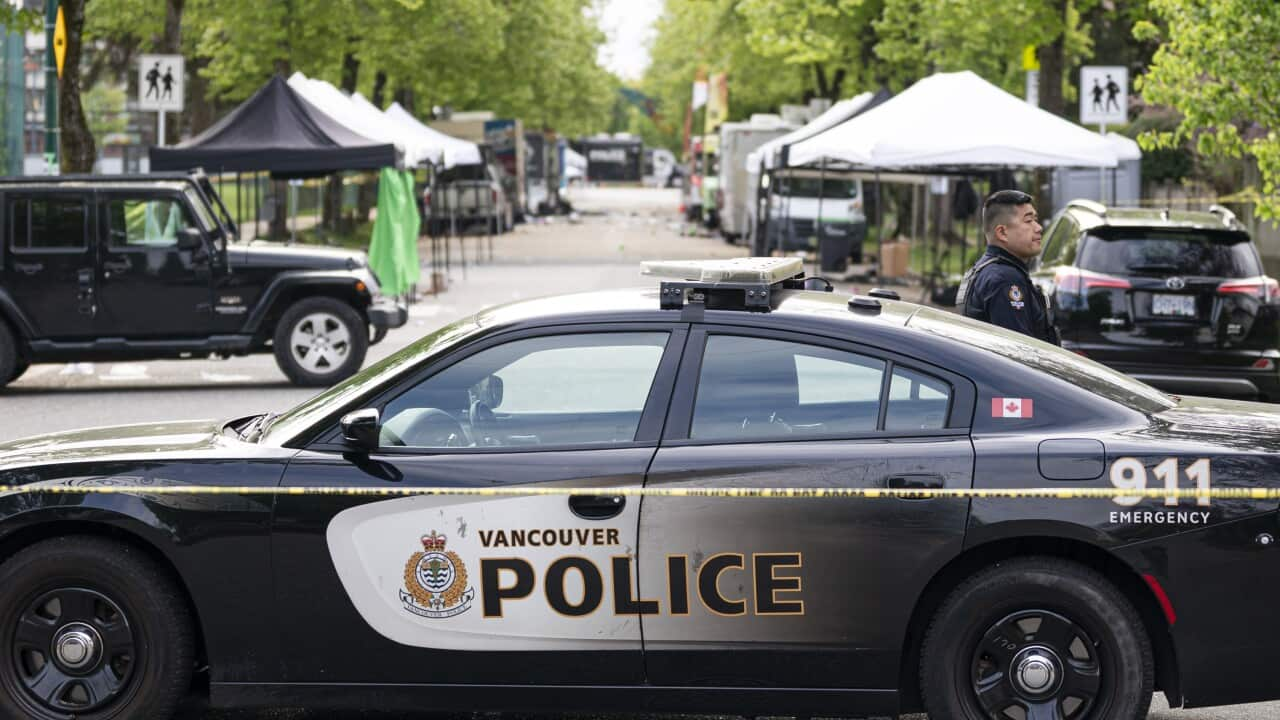TRANSCRIPT
Political promises to build tens of thousands of new homes have left Melbourne architect Bruce Allen sceptical.
"I just cannot understand how they think we can build that many houses in the short time available. Even if we imported migrant, skilled Labor, it takes a while for that to happen."
He says the shortage of skilled tradies like; carpenters, glaziers, plumbers and electricians is already causing delays to building projects and pushing up property prices in Victoria.
"This is the worst situation that I've come across and I've been in my own practice for 50 years. So we've had a history in Australia of benefiting from migrant construction workers... But those people now, from actually applying to move here, there is the delay, the delayed process of going through the visa application process, and then going through the accreditation that's required once they get here."
The Master Builders Association says 130 thousand extra workers are needed across the country.
The building Industry lobby group says Australia’s immigration and visa system is failing to attract skilled tradies or allow those already here, to work.
Master Builders South Australia CEO Will Frogley, says many skilled tradies are already here.
"A lot of them are already here, they might have a background working in construction in their home countries but they might be driving ubers or stacking shelves or working at a supermarket or petrol station - we'd like to get them working in our industry because it is causing delays the lack of labour. Also, employers are being forced to use people they perhaps wouldn't want to use, because there's not enough people around."
The South Australian branch has set up its own agency to help migrants find work, overcome skill gaps and gain employment in the building sector.
The program has identified a potential local workforce of 700 international student graduates and 90 skilled migrants on permanent visas.
Nishriti Shetty is one of the first participants to gain employment - as a surveyor.
"I've got three years of experience in India but that would get discounted here because it's not Australian experience, that is where I really struggled, but I think most of my skills actually come from my Indian experience. So, that kind of unconditional, or subconscious bias, didn't help me get a job."
Abdul Rivzi is a former immigration official.
He says the skilled visa process can work against would-be migrants.
"Most of the people who are skilled say carpenters, joiners, bricklayers etc from outside western nations will tend to not have the English language requirements to enter Australia. How you address that is not easy but that is the big challenge in terms of attracting more constructions tradies from overseas."
It's not clear if Labor's program to fast track 6000 tradies will be open to visa holders.
The coalition says it will fast track skilled visas for construction workers, but hasn't detailed how.
During the campaign both parties have shied away from the debate around the details of skilled migration, instead spruiking smaller net migration targets and caps on international students.
"Both major parties have been at fault in terms of dressing these issues and yet the finger pointing is all we get, there's not details on what they are actually going to do."
Whatever an incoming government does about the tradie shortage it's likely to be a few years before the workforce is revitalised, leaving questions over pre-election promises and housing targets.













